Explore our latest insights | Sodexo Canada
Read the latest about Energy & Resources
Energy and Resources
Attract Top Mining Talent by Improving Their Everyday Experience

Energy and Resources
Empowering Women: Sodexo’s Safety Measures for Remote Workforce Lodging

Energy and Resources
Indigenous Suppliers: Driving Economic Growth Through Partnerships

Read the latest about Business & Industry
Work
Honouring National Day of Mourning

Business Activities
How a Better Workplace Boosts Employee Happiness and Productivity in Canada

Business and Industries
Sodexo Canada: A New Workplace in Montreal

Read the latest about Senior Living
Seniors
Inspiring Seniors Through Resident Satisfaction

Seniors
Supporting Health Through Tailored Nutrition in Senior Living
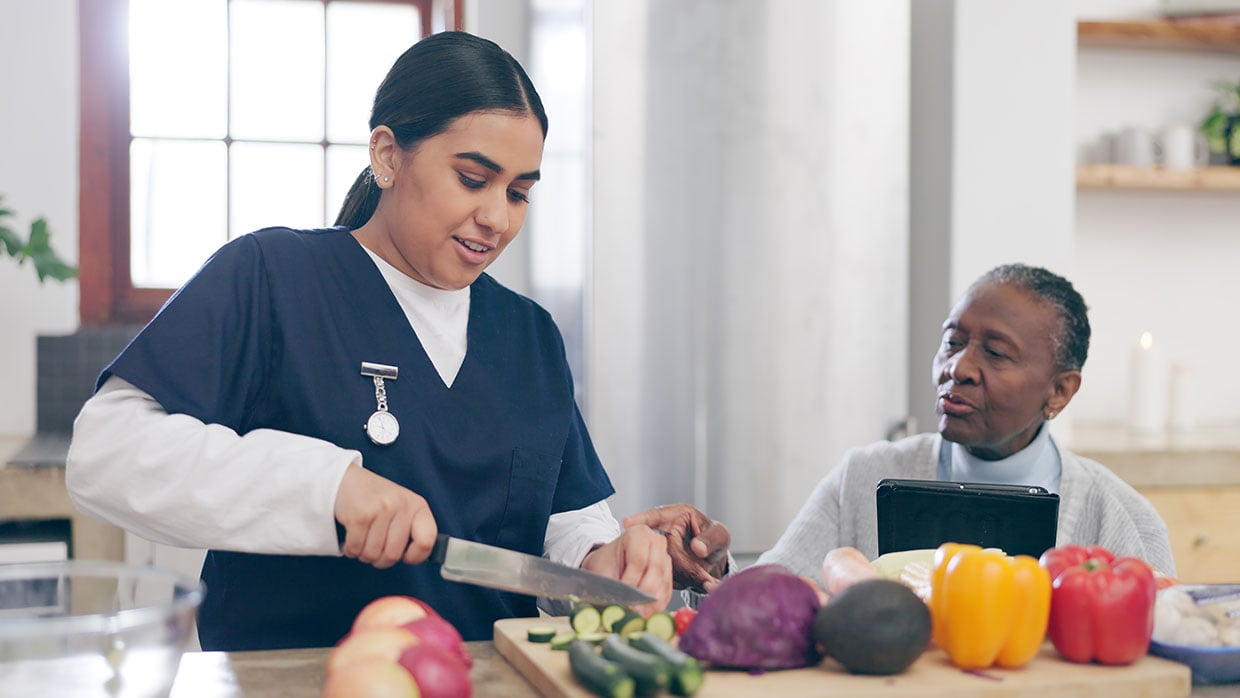
Seniors
How and Why the Five Senses Matter for Quality of Life

Read the latest about Healthcare
General Topics - Blogs and News
Small Habits, Big Impact: Building Wellness into the Canadian Workday

General Topics - Blogs and News
Easy, Nourishing Food Ideas for Low-Energy Days

General Topics - Blogs and News
How Workplace Wellbeing Impacts Patient Care

Read the latest about Campus
Campus
Unleashing the Potential of Canadian Students

General Topics - Blogs and News
Healthy Habits for Academic Success

General Topics - Blogs and News
International Youth Day: Empowering Students Through Food, Community, and Belonging

Read the latest about Sustainability
Sustainability
Sodexo Recognized as one of Canada’s Greenest Employers for 2025

Sustainability
4 Must-Read Blogs to Inspire Sustainability on Earth Day

General Topics - Blogs and News
5 Popular Myths About Nutrition and Nutritionists Debunked
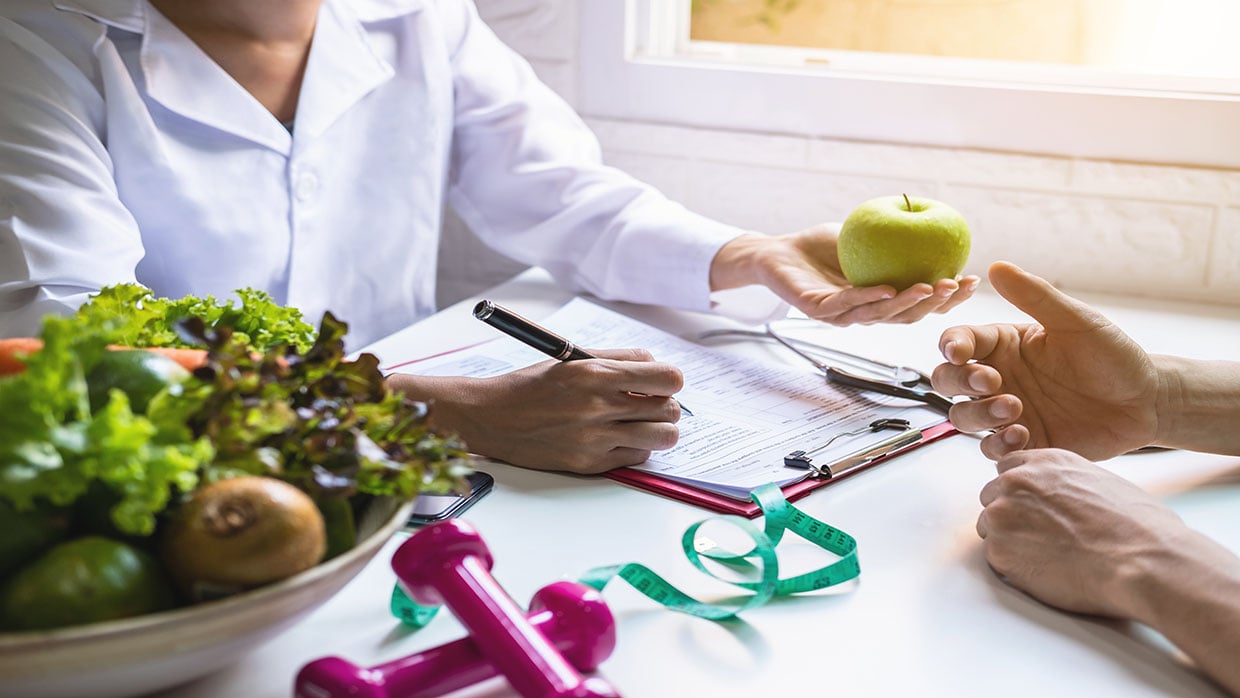
Read the latest about Culture and Belonging
Health
The Importance of Kindness in the Workplace

Belonging and Inclusion
How Sodexo is Creating an Inclusive Workplace for Gender-Diverse Employees

Belonging and Inclusion
Inclusive Workplaces: Making a Difference as An Inclusion-Maker

Read the latest about Food Services
Food Services
The New Role of Ready-to-Eat Meals in Canada

General Topics - Blogs and News
The Rise of the Snack Economy: What Foodservice Brands Need to Know

General Topics - Blogs and News
Four Food Trends Influencing Workplace Restaurant Menus in 2025
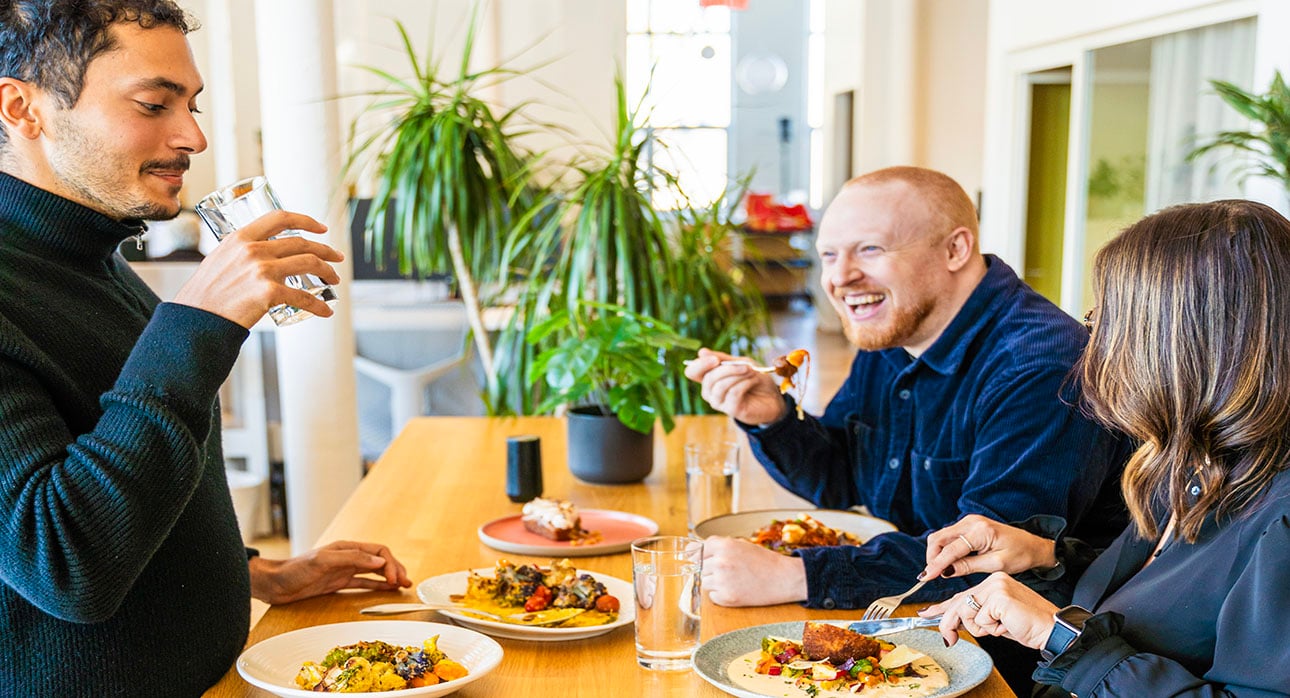
Read the latest about Facilities Management
Case Studies
Delivering Integrated Facility Management Excellence at Pfizer Kirkland
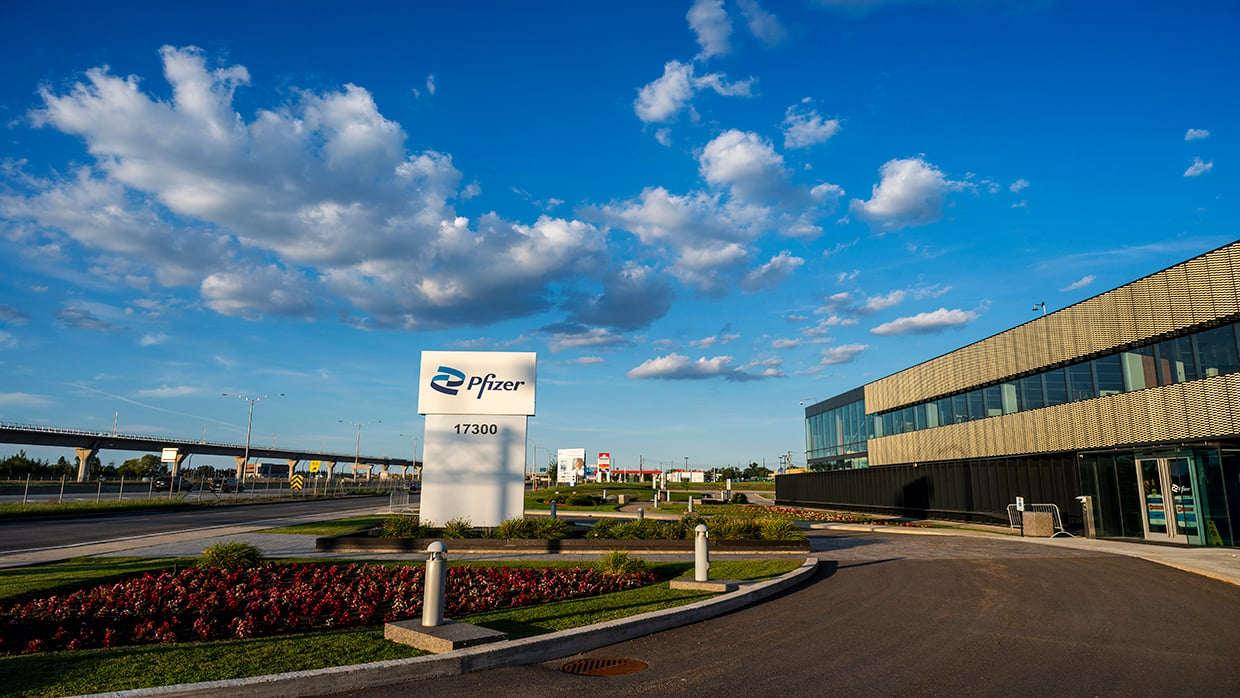
Facilities Management Services
Why Facilities Management is the Foundation of a Great Workplace Experience

Facilities Management Services
Reinforcing Sodexo Canada's Commitment to Health and Safety
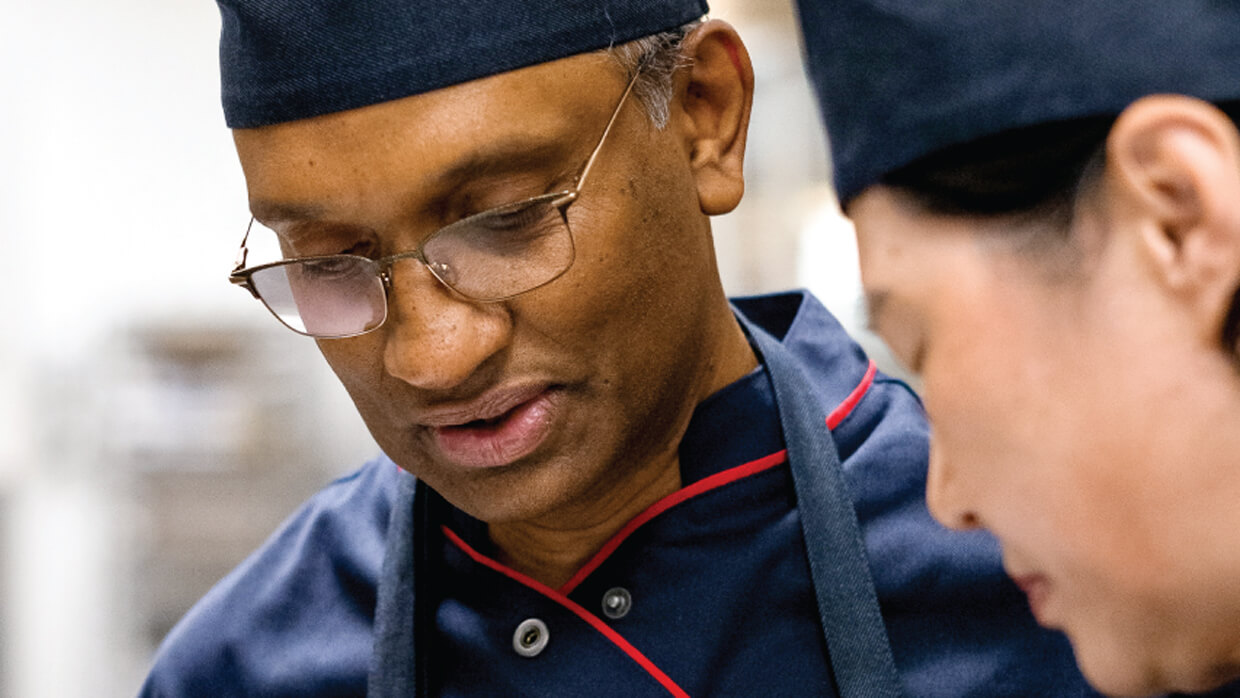
Read the latest about Life at Sodexo
Facilities Management Services
Meet Tina Lasorsa, Facilities Systems Specialist

Business and Industries
Meet Ken Lau, An Executive Chef Who Brings His Culture to the Kitchen

Healthcare
Meet Tamara Stronks, a Housekeeper Breaking Barriers at Sodexo

Get Started with Sodexo
Connect with a Sodexo Expert
Explore Our Services
